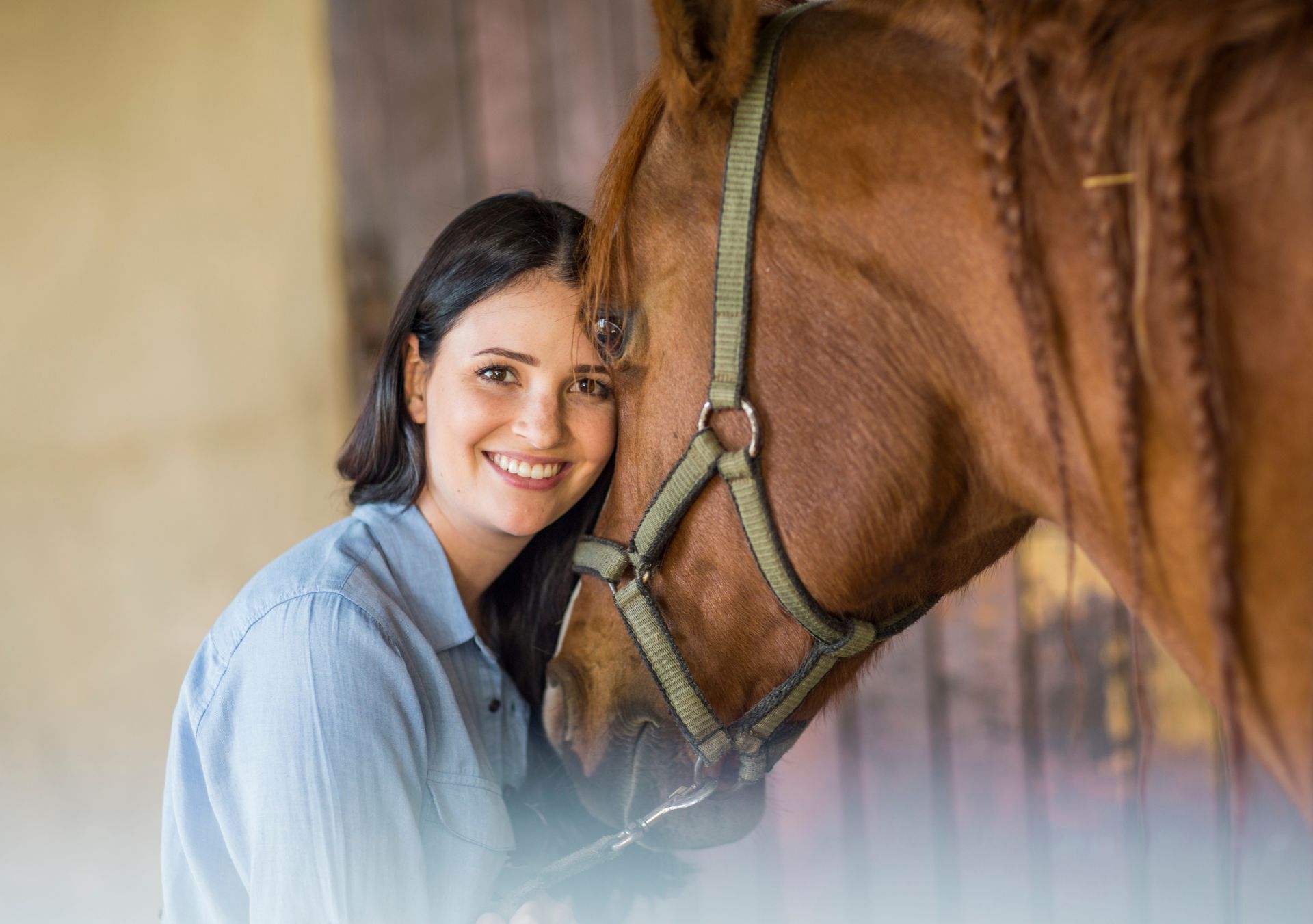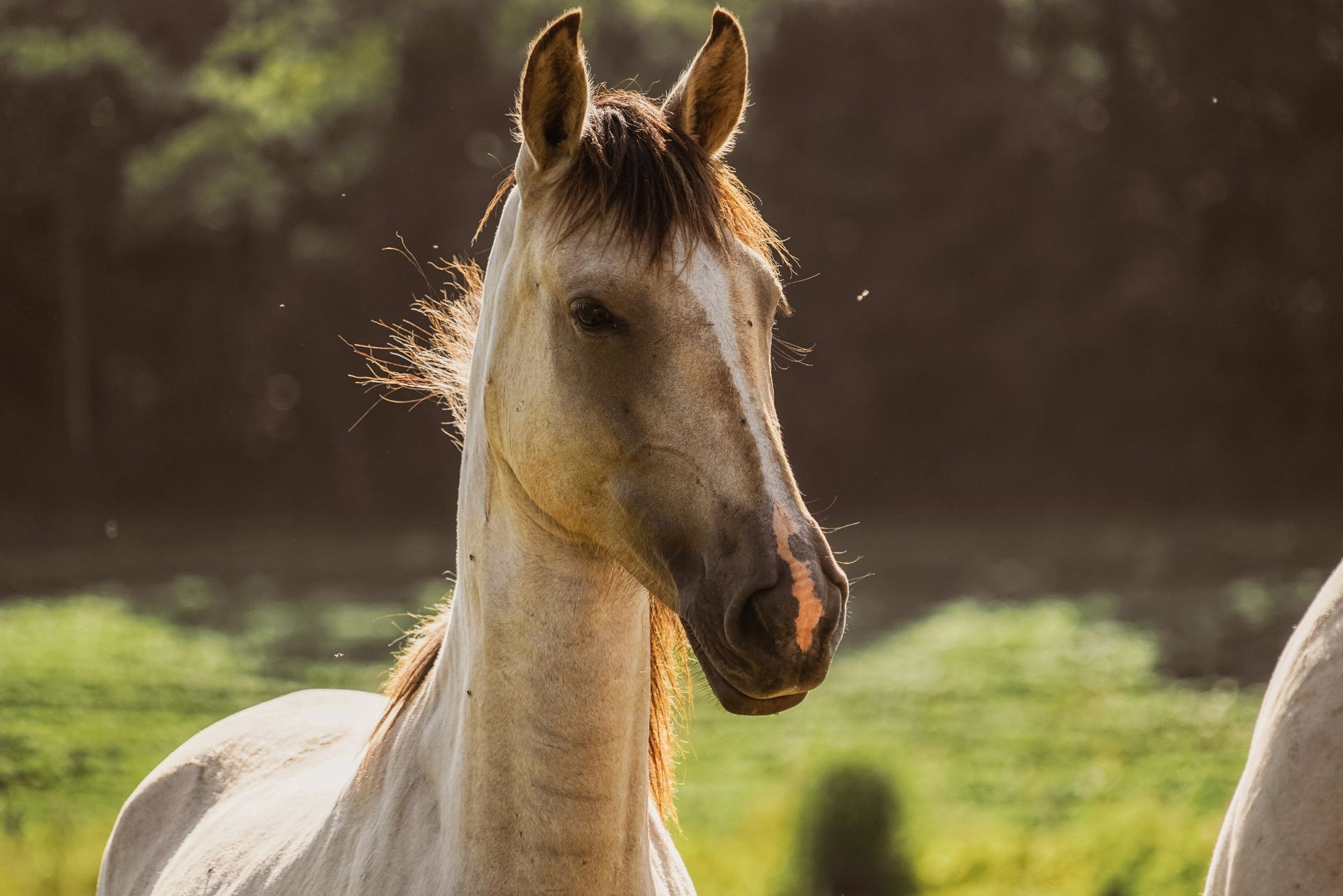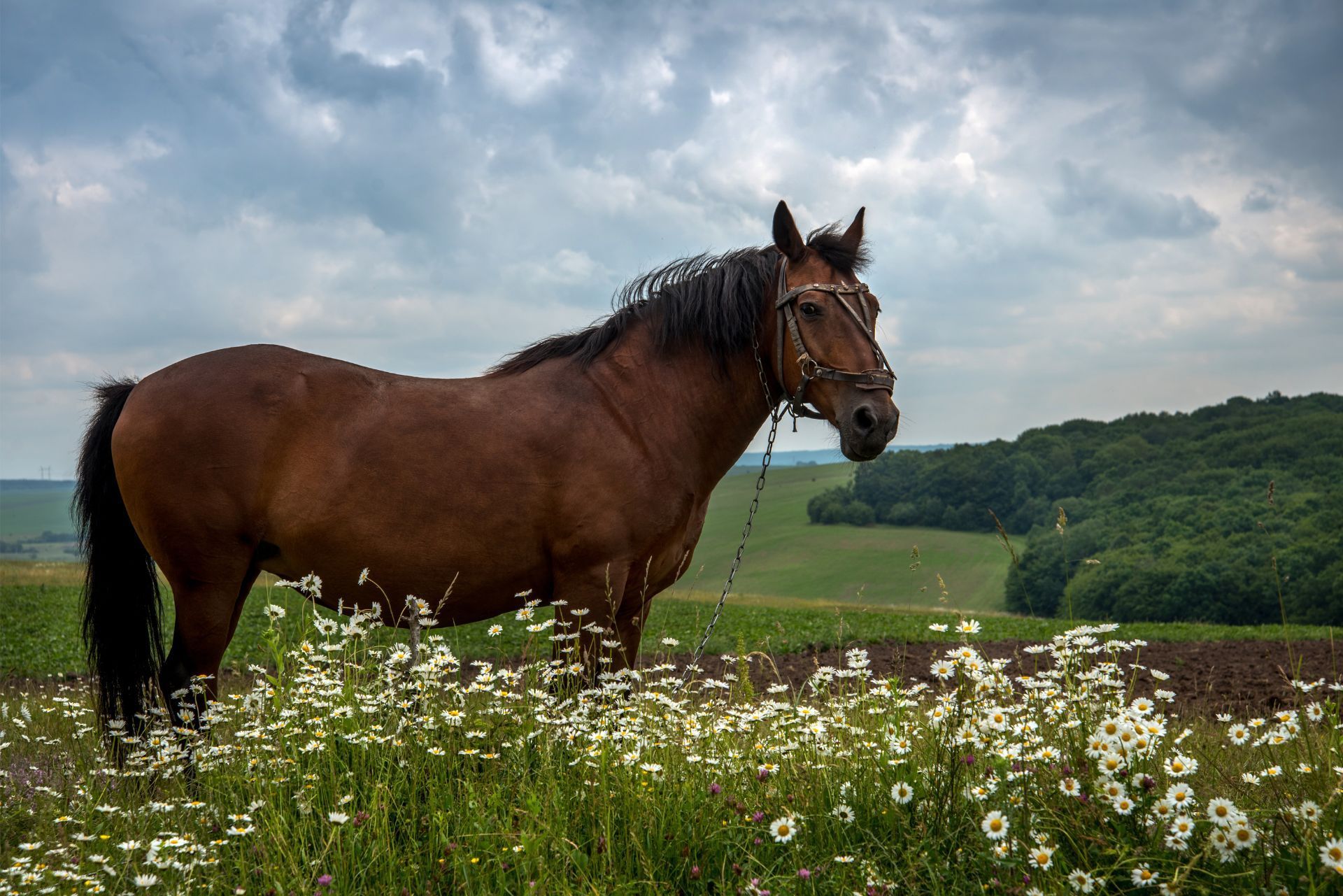
Most Common Business Policies
Index
Contact Us
For horse owners in Arizona, understanding equine insurance is essential. This specialized insurance provides coverage for a variety of risks associated with horse ownership, including health issues, accidents, and liability concerns. As the equine industry grows in Arizona, so does the need for comprehensive insurance solutions tailored to the unique needs of horse owners. This article will delve into the various aspects of equine insurance, helping you make informed decisions for your equine companions.
What is Equine Insurance?
Equine insurance is a specialized form of insurance designed to protect horse owners from financial losses related to their horses. It encompasses a range of coverage options, including mortality, major medical, and liability insurance. Each type of coverage addresses different risks and needs, making it crucial for horse owners to understand what’s available.
Types of Equine Insurance
There are several types of equine insurance policies available, each tailored to specific needs. The most common types include:
- Mortality Insurance: This policy covers the death of a horse due to illness, injury, or accident. It typically pays the owner the horse's market value at the time of death.
- Major Medical Insurance: This coverage helps offset the costs of veterinary care for serious illnesses or injuries. It often includes coverage for surgeries, hospitalization, and medications.
- Liability Insurance: This protects horse owners from legal claims arising from injuries or damages caused by their horses. It is particularly important for those who board horses or participate in events.
Why is Equine Insurance Important?
Equine insurance is vital for several reasons. First and foremost, horses can be expensive to care for, and unexpected medical expenses can quickly add up. Having insurance can provide peace of mind, knowing that financial assistance is available in times of need. Additionally, liability insurance protects against potential lawsuits, which can be financially devastating.
Moreover, equine insurance can be a requirement for certain equestrian events, competitions, or boarding facilities. Many venues require proof of insurance before allowing participation, making it essential for competitive riders. This necessity not only safeguards the owner but also promotes a culture of responsibility within the equestrian community, ensuring that all participants are prepared for the inherent risks associated with horse ownership and riding.
Furthermore, equine insurance can also include additional options such as coverage for loss of use, which compensates owners if a horse becomes permanently unfit for its intended purpose due to an injury or illness. This type of coverage can be particularly valuable for professional riders or those who rely on their horses for income. By understanding the full spectrum of available insurance options, horse owners can make informed decisions that best protect their investments and their beloved animals.

Understanding Mortality Insurance
Mortality insurance is one of the most common types of equine insurance. It provides coverage for the loss of a horse due to death, whether from illness, injury, or other unforeseen circumstances. Understanding the specifics of mortality insurance is crucial for any horse owner. This type of insurance not only offers financial protection but also peace of mind, allowing owners to focus on the care and training of their horses without the constant worry of potential loss.
How Mortality Insurance Works
When purchasing mortality insurance, horse owners must declare the horse's value, which is typically determined by its age, breed, training, and show record. In the event of the horse's death, the insurance company pays the owner the agreed-upon value, minus any deductible. This process often involves an appraisal or assessment by an equine insurance expert to ensure that the horse's value is accurately reflected in the policy. Such evaluations can also help owners understand the market value of their horse, which can fluctuate based on performance and demand.
It's important to note that most policies have specific exclusions, such as death due to neglect or pre-existing conditions. Therefore, understanding the fine print of a mortality insurance policy is essential to ensure adequate coverage. Additionally, some policies may offer riders or endorsements that can expand coverage to include loss of use, which provides compensation if a horse becomes unfit for its intended purpose due to injury or illness, further safeguarding the owner's investment.
Factors Affecting Mortality Insurance Premiums
Several factors influence the cost of mortality insurance premiums. These include:
- Horse's Age: Younger horses typically have lower premiums, while older horses may incur higher costs due to increased health risks.
- Breed and Use: Certain breeds may be more prone to specific health issues, affecting premiums. Additionally, horses used for high-risk activities may have higher rates.
- Health History: A horse with a clean health record may qualify for lower premiums compared to one with a history of health issues.
Moreover, the location where the horse is kept can also impact premiums. Regions with higher incidences of certain diseases or harsher climates may lead to increased costs. Additionally, the owner's experience level and the horse's training can play a role; for instance, a novice owner may face higher premiums due to perceived risks associated with inexperience. Understanding these factors can help horse owners make informed decisions when selecting a mortality insurance policy that best fits their needs and budget.
Exploring Major Medical Insurance
Major medical insurance is designed to help cover the high costs of veterinary care. This type of insurance can be a lifesaver for horse owners facing unexpected medical expenses due to accidents or illnesses. With the rising costs of veterinary services, many horse owners find that having this kind of insurance not only provides peace of mind but also ensures that their equine companions receive the best possible care without the burden of exorbitant out-of-pocket expenses.
What Major Medical Insurance Covers
Major medical insurance typically covers a range of veterinary services, including:
- Surgery: Coverage for surgical procedures, including emergency surgeries, is a significant component of major medical insurance.
- Hospitalization: If a horse requires hospitalization for treatment, major medical insurance can help cover these costs.
Medications: Many policies will also cover prescription medications necessary for treatment.
However, it’s essential to review the policy details, as some plans may have exclusions or limits on certain treatments. In addition to these core services, some policies may also cover diagnostic tests such as X-rays, ultrasounds, and blood work, which are crucial in diagnosing health issues. Furthermore, certain plans might extend coverage to alternative therapies like acupuncture or chiropractic care, which can be beneficial for rehabilitation and overall wellness.
Deductibles and Limits
Major medical insurance policies often come with deductibles, which is the amount the owner must pay out-of-pocket before the insurance coverage kicks in. Additionally, many policies have annual limits on the amount they will pay for claims, so understanding these limits is crucial when selecting a policy. It’s also worth noting that some insurers offer a co-payment option, where the owner pays a percentage of the costs after the deductible has been met, providing an additional layer of financial flexibility.
Choosing a policy with a higher deductible may lower monthly premiums, but it also means more out-of-pocket expenses in the event of a claim. Horse owners should carefully consider their financial situation and the potential risks involved when selecting a deductible. It’s advisable to assess the horse's age, breed, and health history, as these factors can influence both the likelihood of needing veterinary care and the cost of insurance premiums. Additionally, consulting with fellow horse owners or a knowledgeable insurance agent can provide valuable insights into the best options available, ensuring that horse owners make informed decisions that align with their needs and budget.
Liability Insurance: Protecting Your Assets
Liability insurance is a critical component of equine insurance, especially for those who board horses, participate in competitions, or run equine-related businesses. This type of insurance protects horse owners from legal claims arising from injuries or damages caused by their horses.
Why Liability Insurance is Essential
Horses can be unpredictable, and accidents can happen. Liability insurance provides coverage for legal fees and damages if a horse injures someone or damages property. This protection is vital for anyone who interacts with the public or other horses.
For example, if a horse escapes and causes an accident, the owner could be held liable for damages. Without liability insurance, the financial burden of legal fees and settlements could be overwhelming. In addition to the immediate costs, the emotional toll of dealing with legal issues can be significant, often leading to stress and anxiety for horse owners. Furthermore, the reputational damage that can arise from such incidents may deter potential clients or customers, making it even more crucial to have adequate coverage in place.
Types of Liability Insurance
There are two main types of liability insurance for horse owners:
- Personal Liability: This covers claims made against the horse owner for injuries or damages caused by their horse.
- Commercial Liability: This is essential for those running a business involving horses, such as riding schools or boarding facilities. It provides broader coverage for business-related activities.
In addition to these primary types, some policies may offer specialized endorsements or riders that can be added for enhanced protection. For instance, equine event liability insurance can cover specific risks associated with competitions, such as injuries to participants or spectators. Additionally, some policies may include coverage for equine-related activities like trail riding or training sessions, which can help ensure that horse owners are protected during various scenarios. Understanding the nuances of these options is crucial for horse owners to tailor their insurance coverage to their specific needs and circumstances.

Factors to Consider When Choosing Equine Insurance
Selecting the right equine insurance policy can be a daunting task. With various options available, horse owners must consider several factors to ensure they choose the best coverage for their needs.
Assessing Your Needs
Before purchasing equine insurance, it's crucial to assess your specific needs. Consider the following questions:
- What is the value of your horse?
- What activities do you participate in with your horse?
- What is your budget for insurance premiums?
By answering these questions, horse owners can better understand the type and amount of coverage they require.
Researching Insurance Providers
Not all insurance providers offer the same policies or levels of service. Researching different companies and their offerings is essential. Look for providers with a solid reputation in the equine insurance market and read reviews from other horse owners.
Additionally, consider reaching out to local equestrian organizations or clubs for recommendations on reliable insurance providers.
Cost of Equine Insurance in Arizona
The cost of equine insurance can vary significantly based on various factors, including the type of coverage, the horse's value, and the owner's location. In Arizona, horse owners can expect to pay different premiums based on these variables.
Average Premiums
While it's challenging to pinpoint an exact average premium for equine insurance in Arizona, general estimates can provide a ballpark figure. Mortality insurance premiums typically range from 2% to 5% of the horse's value annually. For example, a horse valued at $10,000 might incur a mortality insurance premium of $200 to $500 per year.
Major medical insurance can add an additional cost, often ranging from $300 to $1,000 annually, depending on the coverage limits and deductibles chosen.
Factors Influencing Costs
Several factors can influence the cost of equine insurance premiums in Arizona:
- Geographic Location: Areas with higher risks of natural disasters or accidents may see higher premiums.
- Horse's Age and Health: Older horses or those with health issues may incur higher premiums.
- Type of Activities: Horses involved in high-risk activities, such as racing or jumping, may have higher insurance costs.
How to File a Claim
Filing a claim with an equine insurance provider can be a straightforward process if the necessary steps are followed. Understanding how to navigate this process can save time and ensure that claims are processed efficiently.
Steps to File a Claim
When filing a claim, horse owners should follow these general steps:
- Notify Your Insurance Provider: Contact your insurance company as soon as possible after the incident occurs. Most companies have specific timelines for reporting claims.
- Gather Documentation: Collect all relevant documentation, including veterinary records, photographs of the incident, and any other supporting evidence.
- Complete the Claim Form: Fill out the necessary claim form provided by your insurance company. Ensure all information is accurate and complete.
- Submit the Claim: Send the completed claim form and supporting documentation to your insurance provider. Keep copies for your records.
Common Reasons for Claim Denials
While most claims are processed smoothly, some may be denied for various reasons. Common reasons for claim denials include:
Pre-existing Conditions: Claims related to pre-existing health issues may be denied.
Policy Exclusions: Failing to understand the exclusions in the policy may lead to denied claims.
Insufficient Documentation: Incomplete or missing documentation can result in claim denials.
Frequently Asked Questions
Equine insurance can raise many questions for horse owners. Here are some frequently asked questions to help clarify common concerns.
Do I really need equine insurance?
While it’s not legally required, equine insurance is highly recommended for horse owners. It provides financial protection against unexpected events, ensuring that you can care for your horse without incurring overwhelming costs.
Can I insure a horse I don’t own?
In most cases, insurance policies require the owner to insure their horse. However, if you are leasing a horse or have an interest in a horse, you may be able to obtain coverage with the owner's consent.
How often should I review my insurance policy?
It’s advisable to review your equine insurance policy annually or whenever there are significant changes in your situation, such as acquiring a new horse, changes in value, or changes in activities.
Conclusion
Equine insurance is an essential aspect of responsible horse ownership in Arizona. By understanding the various types of coverage available, assessing individual needs, and choosing the right policy, horse owners can protect their investments and ensure peace of mind. Whether it's mortality, major medical, or liability insurance, having the right coverage can make all the difference in times of need. As the equine community continues to grow, so does the importance of being informed about equine insurance options.
Ultimately, investing time in researching and understanding equine insurance will pay off in the long run, safeguarding both horse and owner from unforeseen challenges.
